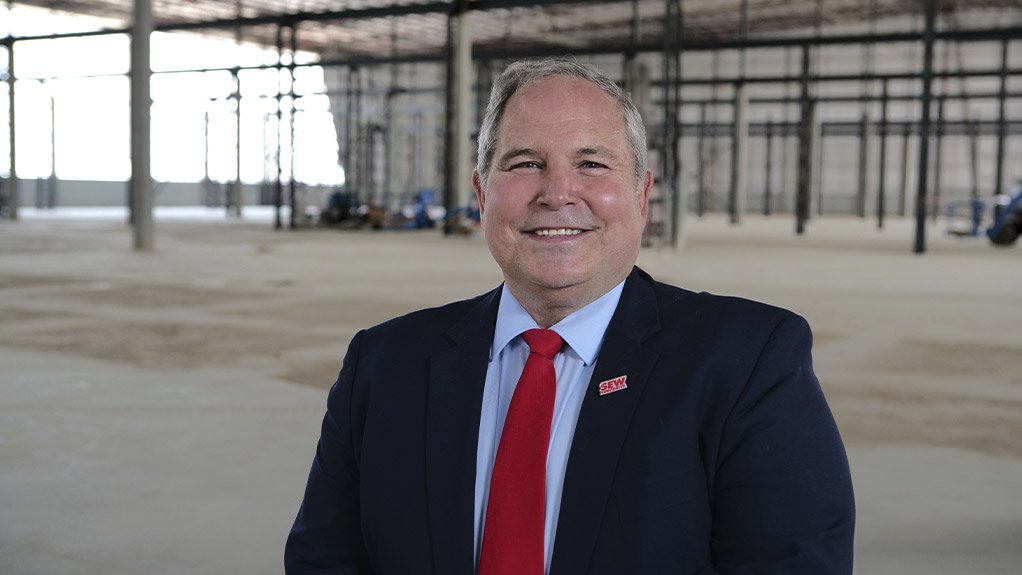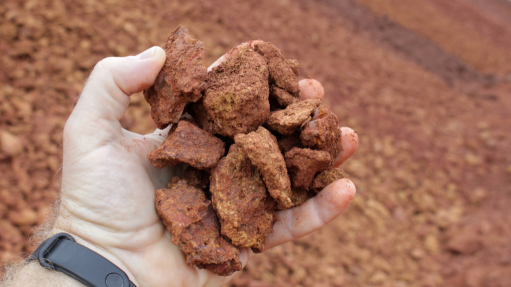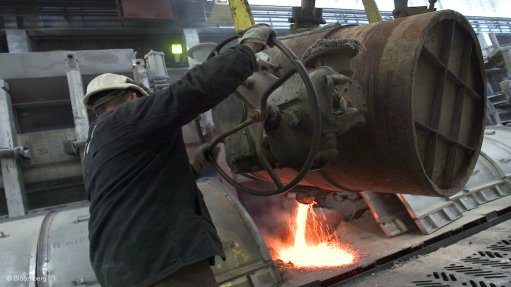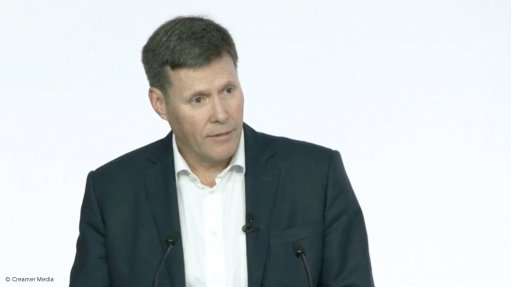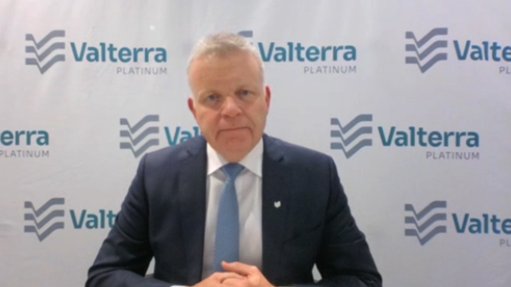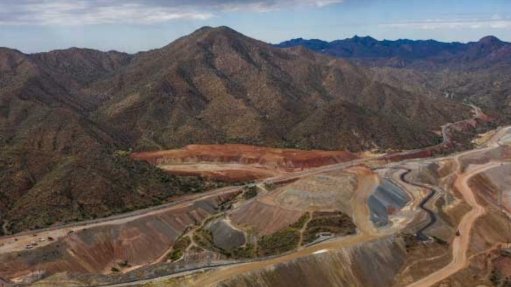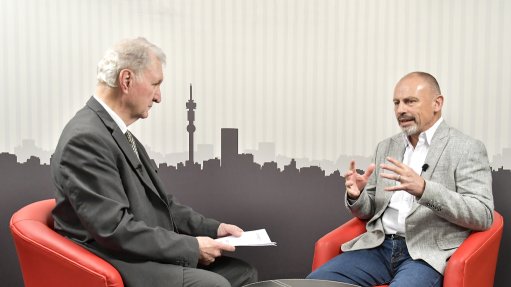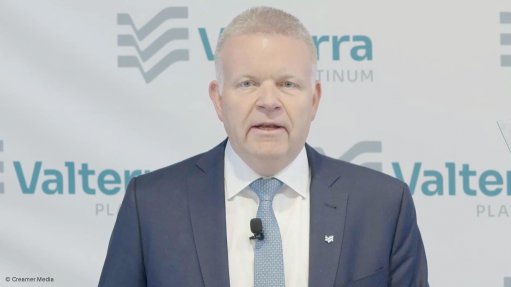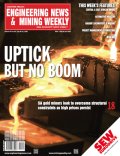Agricultural sector battles higher input costs
By Raymond Obermeyer, Managing Director at SEW-EURODRIVE South Africa
Despite above average rainfalls for consecutive seasons and higher agricultural commodity prices, the agricultural sector continues to face headwinds in the form of increasing input costs and eroding profit margins.
Although heavier than usual summer rainfall in some parts of South Africa resulted in flooding and crop damage, preliminary forecasts indicate that the summer harvest will be sufficient to meet domestic demand. Last year South Africa produced one of its largest maize harvests on record.
In certain parts of the country flooding resulted in some farmers losing much – or all – of their summer crops. The real effect of the damage will only be apparent once the first yield estimates for the 2021/2022 summer season are made available later this month.
While higher agricultural commodity prices have been good news for the agricultural sector, higher input costs are undoing these gains and negatively affecting its profit outlook.
The agricultural sector has warned that Eskom’s request for a 20.5% tariff hike will have a devastating impact on the sector as farmers struggle to remain profitable. At the same time, recurring rounds of load shedding have a very negative impact on energy-intensive and irrigation-dependant agricultural operations, impacting the entire value-chain from farm to the end-consumer.
As a result energy efficiency has become increasingly top of mind as agricultural operations look to minimise their energy consumption and reduce their energy costs in a variety of ways, including using more sophisticated modern drive solutions.
Persistent hikes in the price of fuel – the most recent of which took place earlier this month on 2 February – also puts pressure on both farmers and the entire agricultural value chain, negatively impacting the cost of planting, harvesting, transport and distribution.
Fertilisers, pesticides and herbicides too have seen large price increases in the past year. South Africa imports the bulk of its fertilisers, primarily from China, Saudi Arabia, Russia, Germany, Qatar, Chile and the Netherlands. Global supply shortages and a weakened rand have exacerbated the situation.
The cost of fertiliser is expected to rise by between 32% and 69% in the year ahead. This will be on the back of triple digit increases for some types of fertilisers in 2021. Given that fertilisers can account for up to 50% of total input costs for certain types of farming operations, these increases will add to the pressure farmers are facing.
As if this were not enough, the agricultural sector is also bracing for double-digit increases in other input costs including the minimum wage. Last year the minimum wage for the agri sector rose more than 16%.
The National Minimum Wage Commission has proposed increasing the minimum wage to R23 an hour for 2022. In response Agri SA has suggested that the Commission considers implementing a diversified wage structure to create more scope for employment in the agricultural sector. Given the across the board increases in input costs, Agri SA argues that farmers will find it hard to afford the proposed new minimum wage for inexperienced new workers.
Farmers are primarily price takers at the mercy of the market. This means that they are forced to absorb increases in input costs.
Economists warn that as farmer’s profit margins continue to shrink, it will become increasingly more difficult for them to absorb these higher input costs.
One way that SEW-EURODRIVE South Africa is assisting the agricultural sector to rein in costs and maintain productivity is by having a local assembly hub which lessens reliance on constrained global supply chains.
The company’s new R200 million African headquarters includes a factory and warehousing facility based in Aeroton, Johannesburg. The high-tech facility is a key element of the company’s intention to more efficiently service customers. The expanded warehouse facility means that greater quantities of stock can be held in order to alleviate potential supply chain delays, while a local assembly hub means that products and solutions can be tailored for the specific needs of agricultural operations.
About SEW-EURODRIVE
SEW-EURODRIVE offers a comprehensive range of adaptable engineering solutions to industry for the entire value chain including engineering and selection to start-up and maintenance. It supplies industry with a high quality complete drive solution including a modular gear motor system. The company also offers products and solutions specifically tailored for livestock feed processors, abattoirs and manufacturers of pesticides and fertilisers.
Comments
Announcements
What's On
Subscribe to improve your user experience...
Option 1 (equivalent of R125 a month):
Receive a weekly copy of Creamer Media's Engineering News & Mining Weekly magazine
(print copy for those in South Africa and e-magazine for those outside of South Africa)
Receive daily email newsletters
Access to full search results
Access archive of magazine back copies
Access to Projects in Progress
Access to ONE Research Report of your choice in PDF format
Option 2 (equivalent of R375 a month):
All benefits from Option 1
PLUS
Access to Creamer Media's Research Channel Africa for ALL Research Reports, in PDF format, on various industrial and mining sectors
including Electricity; Water; Energy Transition; Hydrogen; Roads, Rail and Ports; Coal; Gold; Platinum; Battery Metals; etc.
Already a subscriber?
Forgotten your password?
Receive weekly copy of Creamer Media's Engineering News & Mining Weekly magazine (print copy for those in South Africa and e-magazine for those outside of South Africa)
➕
Recieve daily email newsletters
➕
Access to full search results
➕
Access archive of magazine back copies
➕
Access to Projects in Progress
➕
Access to ONE Research Report of your choice in PDF format
RESEARCH CHANNEL AFRICA
R4500 (equivalent of R375 a month)
SUBSCRIBEAll benefits from Option 1
➕
Access to Creamer Media's Research Channel Africa for ALL Research Reports on various industrial and mining sectors, in PDF format, including on:
Electricity
➕
Water
➕
Energy Transition
➕
Hydrogen
➕
Roads, Rail and Ports
➕
Coal
➕
Gold
➕
Platinum
➕
Battery Metals
➕
etc.
Receive all benefits from Option 1 or Option 2 delivered to numerous people at your company
➕
Multiple User names and Passwords for simultaneous log-ins
➕
Intranet integration access to all in your organisation



